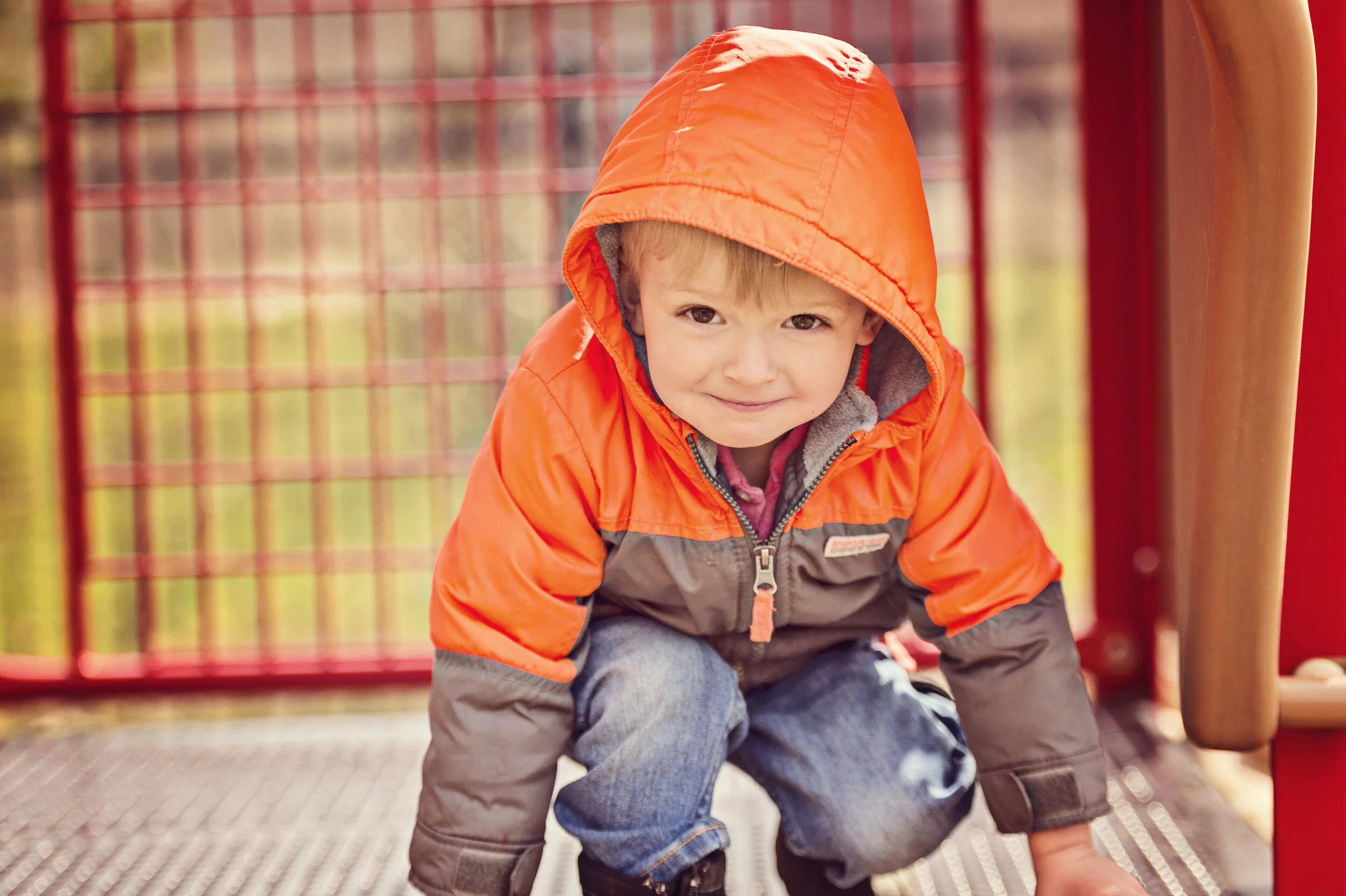Practical Life
Practical life is the curriculum designed to invite the child to act and work on real life tasks that enhance order, independence, concentration, exercising grace and courtesy as well as coordination. The materials in the practical life area are objects familiar to the child. These tasks of daily living, like pouring, sweeping, tying, dressing and cleaning encourage responsibility, and promote high self-esteem. This area of work lays the foundation for all other work to be done inside the classroom.
Sensorial
The goal of the sensorial curriculum is to educate the child’s senses which Dr. Montessori believed to be the starting point for intellectual growth. Dr. Montessori saw the senses as the doorway to the mind. Learning by stimulating the eyes, ears, nose, tongue and skin, their intellectual development would aid in future learning by being meaningful and purposeful. The sensorial experience creates careful observation and draws attention to similarities and contrasts. The children will learn to judge, compare, classify and draw conclusions.
Mathematics
The concepts of quantity, symbols, sequence, addition through fractions are introduced using hands-on learning materials that make abstract concepts clear and concrete. The purpose of the Math materials in the younger years is to set the foundation for life long learning.
Language
Dr. Montessori’s research confirmed that children learn best by using touch, smell, sight, hearing, and taste. The child begins by exploring sounds and relating them to letters of the alphabet through their senses. In the Montessori Method, the child explores with drawing and forming letters. Soon the child can produce words and then sentences. His hands are training to become precise and confident for writing movements. The child starts writing then reading from what he knows about the letters and the sounds.
Science
At a very young age, the child is concerned with absorbing the real world that surrounds them. Science represents a clear thinking approach to gathering information and problem solving. The child can learn to become a scientist by experiences with organization, performing tasks in a predetermined order and recording of results of observations and classifying, labeling and differentiating. The Montessori Method of science is a hands-on activity that includes biology, botany, zoology, and physical science.
Culture
Culture is the study of different areas of the world by exhibiting language, dress, food, art, music, literature from the past to the present and integrating them into the child’s day. A wide variety of culture and realms of experiences, broaden the child’s span of space and the world around them.



























